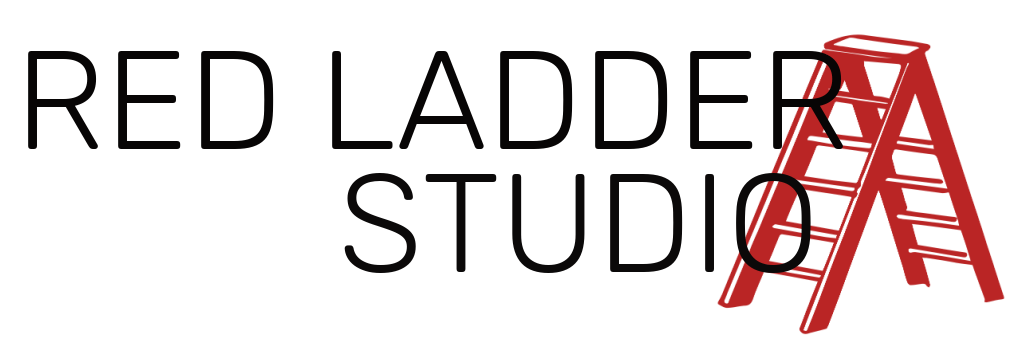What is klesharama?
When you start practising Buddhism, you expect to become a nicer person, and you usually do. But what happens when you don’t?
There might be a point on the path where something shifts, an insight, and suddenly it’s no more Mr. Nice Guy (or gal).
A friend of mine, Viveka, coined a term for this in a talk in 2014, ‘klesharama’ (see link below).
The term klesha can mean affliction, mind poison, or destructive emotion and the kleshas cause suffering.
The three root poisons are greed, hatred and delusion, but they come in a variety of flavours; anxiety, fear, anger, jealousy, desire, and depression, to name a few.
We all have kleshas, we are born with them or at least have the potential to develop them. But mostly we’ve learnt not to display them.
As a kid, we are told, ‘put on your happy face’, or ‘people won’t like you if you are angry’. So they get pushed down under the tightly fitting lid of our ‘identity’, the face we show to the world.
Part of the insight process is taking off this lid and, like opening a can of Surströmming, it can get stinky (don’t click the link if you have a weak stomach)
In Tejananada’s article, The Appearance of Insight, he suggests that in the face of klesharama we practice giving one another ‘the benefit of the doubt’.
“A clear insight into the illusory nature of ‘self’ and the associated shift in our outlook can actually stimulate kleshas as the conditioned, desire-driven mind tries to restore a sense of familiar ground. From the perspective of others, it may well appear that someone who is saying that a real insight has arisen can seem to be even more unskilful or untogether than they were before.
This is usually a transitory phase but can be confusing and distressing if such a possibility is unanticipated, and more so if well-meaning friends are imputing, erroneously, that this ‘proves’ there is no insight at all. Unless we have the kind of capacity that, from accounts in the Pali canon, the Buddha appears to have had, we can’t directly know what’s going on with someone else ‘internally’ so, again, giving the benefit of the doubt until ‘time tells’ is likely to be the most appropriate response.”
I hope it’s a relief to know of this phenomenon, ‘klesharama’.
If you find it happening to you or someone close to you, perhaps you can practice giving the benefit of the doubt and allow things to settle, as they inevitably do.

